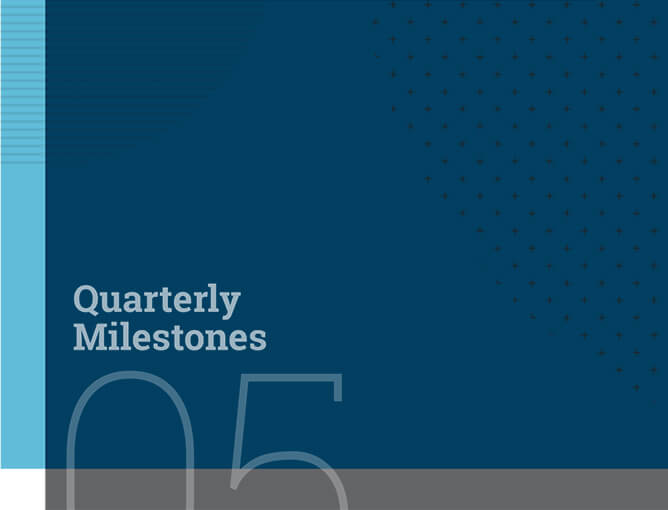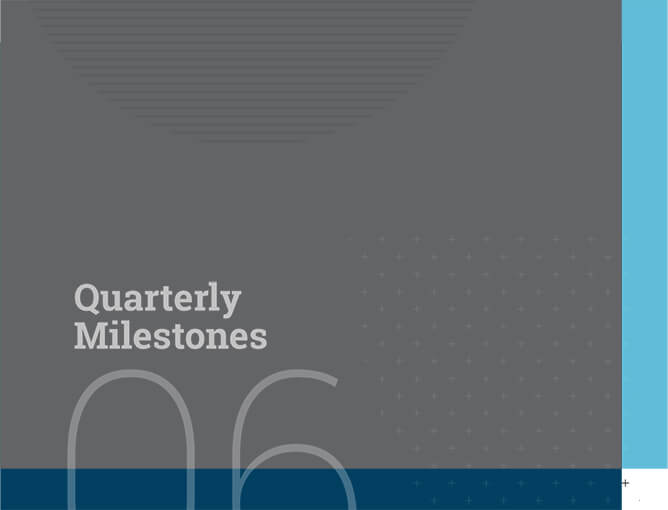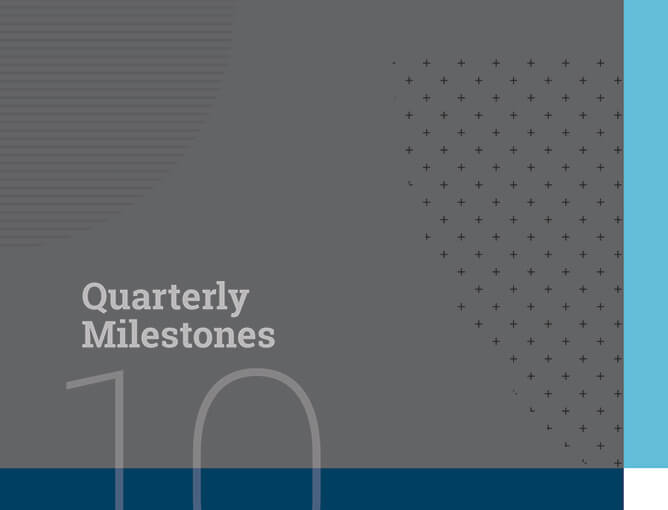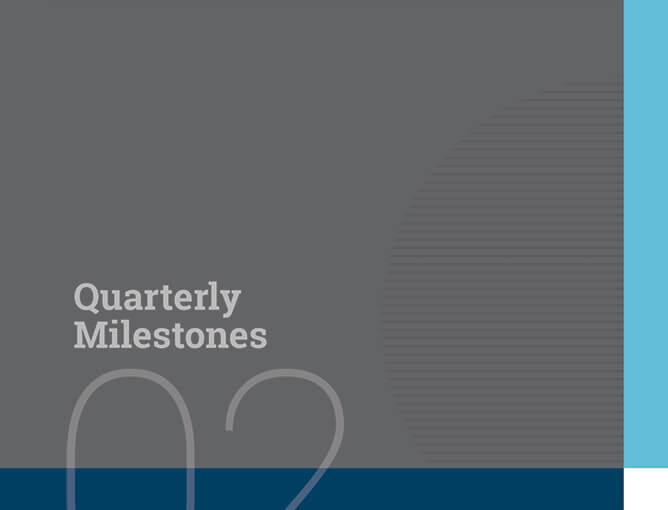
Kunal GuptaPartner

Shreya KunduSenior Associate
Public announcements of enforcement actions under the Foreign Corrupt Practices Act, 1977 (FCPA) were relatively subdued in 2021 as well as the first quarter of 2022, with the first corporate FCPA settlement of 2022 being announced in mid-February. Since March however, prominent and long-running foreign bribery investigations have been settled in the US and UK, and these include coordinated actions with jurisdictions such as Brazil and Switzerland. On the home front, the Supreme Court of India issued a significant judgement holding that High Courts must consider all the evidence on record when considering whether money-laundering allegations are likely to be proved, providing clarity on risks under criminal laws for persons accused of money-laundering who face discrete and simultaneous investigations from Indian investigative authorities such as the Central Bureau of Investigation (CBI) and the Enforcement Directorate (ED).
Key Developments
-
Supreme Court’s judgement on evidentiary standard for quashing of Enforcement Case Information Reports
In J. Sekar v Directorate of Enforcement, the Supreme Court heard an appeal against an order of the Madras High Court rejecting a petition for quashing proceedings under the Prevention of Money Laundering Act, 2002 (PMLA). The facts were that the CBI had registered a First Information Report (FIR) against the appellant for corruption under the Prevention of Corruption Act, 1988 (PCA), and cheating and criminal conspiracy under the Indian Penal Code, 1860 (IPC). In addition, the Income Tax Department (ITD) was also investigating the appellant for tax evasion. On the basis of the CBI’s FIR and while the CBI and ITD investigations were ongoing, the ED registered an Enforcement Case Information Report (ECIR) against the appellant alleging offences under the PMLA. Subsequently however, the CBI and the ITD closed their respective investigations on the ground of absence of evidence that the appellant had committed the alleged offences, and the CBI accordingly filed a closure report before the relevant local court.
The appellant then approached the Madras High Court seeking quashing of the ECIR, arguing that formal closure of the CBI’s investigation indicated that no scheduled offences under the PMLA had been committed, and as the offence of money laundering essentially involves dealing with the ‘proceeds of crime’ generated from scheduled offences, the absence of a scheduled offence meant that the allegations of money laundering in the ECIR would also not stand. The High Court rejected this contention, holding that offences under the PMLA are independent offences and notably, even if there are observations on judicial record that there is no material to connect the accused with a scheduled offence, this by itself is not enough to quash proceedings.
The Supreme Court however, disagreed and set aside the challenged order. While observing that adjudication proceedings in ECIRs by the ED are distinct from criminal prosecutions in courts of law, the Supreme Court held that when adjudication proceedings and criminal prosecutions are based on the same set of facts, if criminal prosecution (for instance, under the IPC or the PCA) has been closed/not initiated because of a lack of evidence, High Courts hearing pleas for quashing in PMLA matters must closely look into the allegations and the material collected by the ED and evaluate whether the PMLA offence is made out prima facie. In this case, the ED did not adduce any independent evidence before the Supreme Court, and coupled with the closure of the CBI and the ITD investigations, the Supreme Court held it very unlikely that the ED’s allegations would stand.
-
Upswing in FCPA enforcement actions
The mining company Glencore was cumulatively fined USD 1.1 billion by the United States (US) Department of Justice (DOJ) for violations of the FCPA in several countries, and the US Commodity Futures Trading Commission (CFTC) for commodity and price manipulations. The DOJ’s allegations were that for more than a decade, Glencore (through its employees and overseas subsidiaries) made improper payments exceeding USD 100 million to foreign government officials to win business in various African and South American countries. In addition, the United Kingdom’s Serious Fraud Office also charged Glencore for various offences under the Bribery Act, 2010, including the failure to prevent bribery by Glencore’s subsidiaries and their employees.
A notable feature of the action against Glencore is the CFTC’s standalone action for corrupt and fraudulent payments by Glencore. The CFTC, which is the US regulator for the derivatives market, found that payments made by Glencore included kickbacks and bribes to, and misappropriation of confidential information from, employees of state-owned entities. The CFTC concluded that these payments were made to obtain improper preferential treatment and access to trades with such entities, and secured for Glencore unlawful competitive advantages in trading physical oil products and related derivatives to the detriment of its counterparties and other market participants.
Separately, the waste management company Stericycle paid fines of USD 84 million to enforcement authorities in the US and Brazil for charges of bribery in Brazil, Mexico, and Argentina. In the US, the DOJ and the Securities and Exchange Commission (SEC) alleged that Stericycle’s subsidiaries in Brazil, Mexico, and Argentina (Subsidiaries) conspired to pay bribes in violation of the FCPA, failed to have sufficient internal accounting controls which could prevent or detect such misconduct, and also failed to implement its own FCPA policies.
The alleged facts were that at the time of aggressive business expansion and acquisitions in Latin America, the Subsidiaries paid USD 10.5 million in improper payments to government officials in their respective jurisdictions, and Stericycle US earned profits of USD 21.5 million from government contracts won through bribery. In computing the fines, the DOJ and the SEC considered the ‘pervasiveness’ of the conduct. Such pervasiveness was demonstrated by the fact that the Subsidiaries routinely entered into sham agreements of various descriptions with vendors for services that were never intended to be obtained. In addition, bribes were intentionally concealed, by delivering them in cash against false invoices through designated employees who also tracked bribe payments in spreadsheets using euphemisms such as ‘commission payments’, ‘incentive payments’, and ‘alfajores’ (meaning cookies). While Stericycle received credit for cooperating with the US authorities, factors such as its failure to timely self-disclose the matter and non-implementation of a compliance program, resulted in the DOJ imposing a requirement for Stericycle to have an independent compliance monitor for two years.
In another action from the previous quarter, the manufacturing company Tenaris was fined USD 78 million by the SEC in connection with bribery by its Brazilian subsidiary. The SEC found that Tenaris failed to implement sufficient internal accounting controls throughout its operations despite known corruptions risks, and that it was the lack of sufficient controls which enabled bribes to be paid through a web of affiliated companies. The penalty imposed on Tenaris was heightened in view of the fact that the company had in 2011 already settled an FCPA investigation in connection with bribery of foreign officials in Uzbekistan, and this was therefore a repeat offence.
A key takeaway from both the Stericycle and the Tenaris actions is that companies expanding into new jurisdictions (particularly through mergers and acquisitions, and in jurisdictions vulnerable to integrity risks) must implement adequate compliance systems and accounting and financial controls in a timely manner.
While 2021 had the least volume of corporate FCPA enforcement actions in fifteen years, many commentators believe this was imputable, at least in part, to continued Covid-induced difficulties in conducting cross-jurisdictional investigations of foreign bribery. We expect the uptick in enforcement actions to continue in the coming quarters, especially cross-border investigations.












